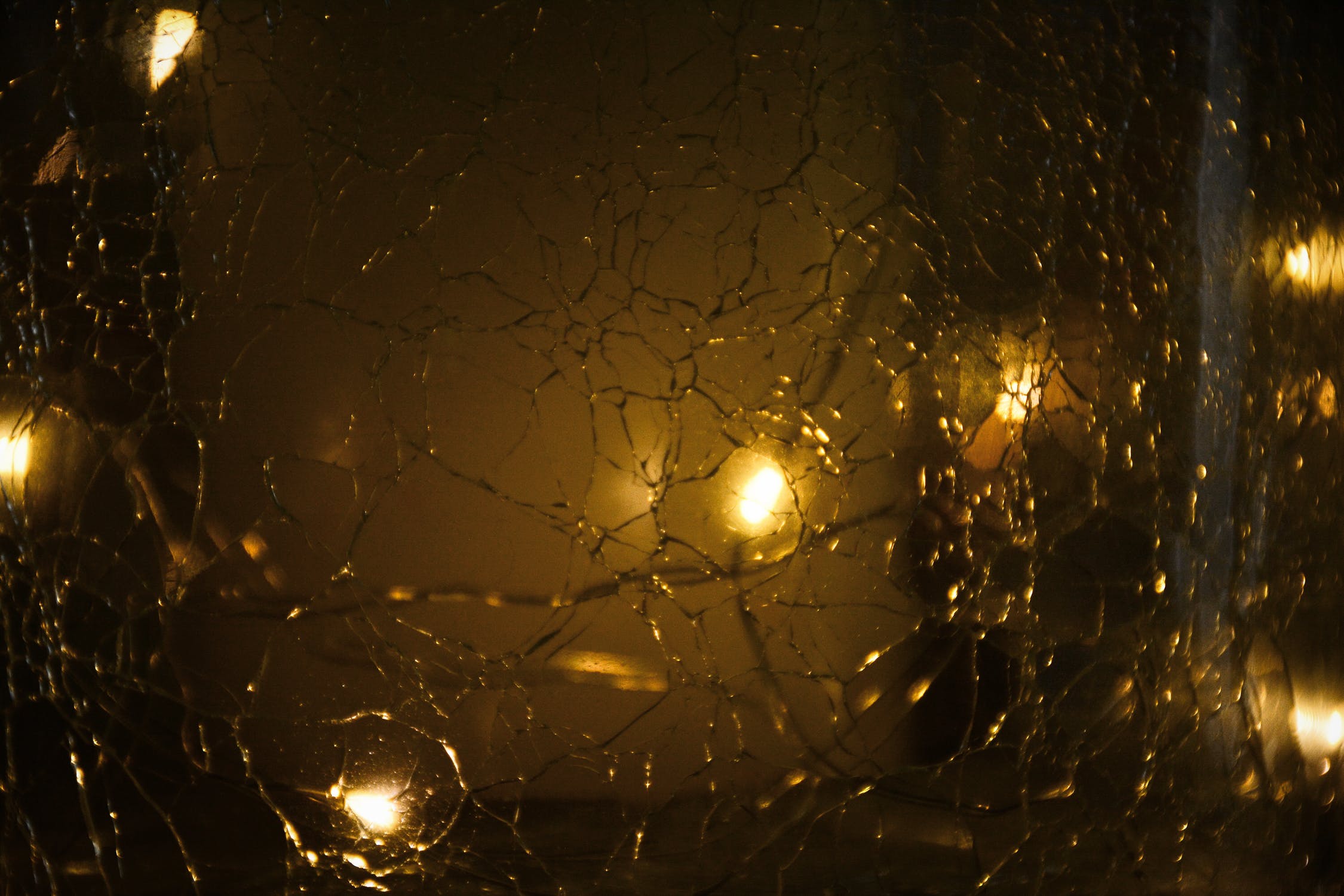Does the Criminal Damage Act include damage to your own property?

“It’s Mine and I’ll Do What I Want With It” – Criminal Damage and the Law.
Criminal Damage to property has been in the news a fair amount recently – with many instances reported being along the lines of vandalism. The sycamore tree in Northumberland that was felled this week being the most recent. But what if the property being damaged is your own?
Police are currently investigating the causes of a fire that destroyed the Crooked House Pub near Dudley, causing a lot of people to wonder about the laws of criminal damage.
What is the law regarding Criminal Damage?
Generally speaking, a person can damage, which includes setting fire to, their property. So, if you no longer want an item, you can, in most cases, chuck it in the bin, destroy it with a hammer or if it takes your fancy, set a match to it.
Section 1(1) Criminal Damage Act 1971 reads:
‘A person who without lawful excuse destroys or damages any property belonging to another…’ [shall be guilty of an offence]
The crucial words in that section are ‘belonging to another’, i.e. property that is not yours.
So, this appears to confirm that you can indeed damage your property, without having committed any criminal offence.
However, there are other offences to consider; for example, the demolition of a building generally requires planning permission, so there could be offences if those permissions are not sought.
It is a matter of common sense, though, that the demolition of a building, whether in a traditional sense or by setting fire to it, carries some risks, and it is because of this the law adds an extra dimension to the offences of criminal damage.
Section 1(2) states:
A person who without lawful excuse destroys or damages any property, whether belonging to himself or another—
(a) intending to destroy or damage any property or being reckless as to whether any property would be destroyed or damaged; and
(b) intending by the destruction or damage to endanger the life of another or being reckless as to whether the life of another would be thereby endangered;
shall be guilty of an offence.
What this means is that if the destruction of the property carries a risk of danger to life, it is an offence to proceed, regardless of whether the property belongs to you or anyone else.
How We Can Help
The law surrounding Criminal Damage is more complex than people might want or believe it to be. We can offer tailored advice on all aspects of criminal and regulatory law and ensure any actions you propose to undertake are lawful. Please don’t hesitate to call us on 0161 477 1121 or email us for more information.


